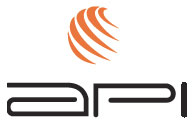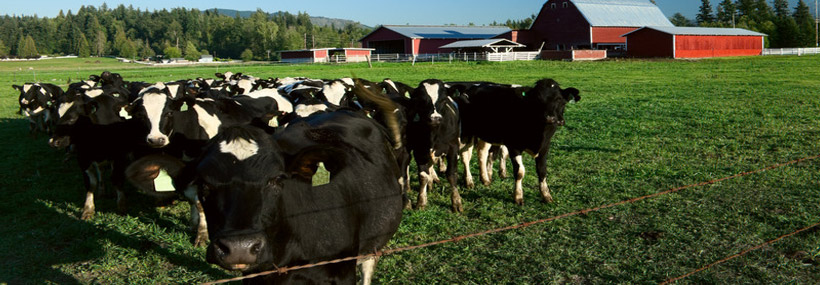API Neospora Testing
Neospora caninum, a protozoal (Apicomplexan) parasite, is a leading cause of abortion and neonatal morbidity in dairy cattle. The parasite, also found in sheep and dogs, has been identified worldwide. Dogs and other canids, such as wolves and coyotes, have been pinpointed as the definitive source, hosting the parasite until it becomes mature and reproduces. The parasite passes through feces and can infect cattle feed and water supplies. Since clinical signs of illness due to Neospora are undetectable, testing for the parasite is the only means of identification. No treatment of any proven benefit has yet been identified for cattle. Use of ELISA testing allows cattle owners and operators to assess infection rates and exposure of the herd.
Control: All cattle with antibodies to Neospora are sources of infection to their calves, have a significantly increased risk of abortion, and, on average, produce less milk than antibody negative cows. Vertical transmission alone can maintain infection in a herd.
- To eliminate Neospora from your herd you need to:
- Identify infected cattle through testing, and cull them
- Select only seronegative cattle for breeding
- Sell heifers with antibodies for meat, not breeding
Dogs and wild canine species are a potential source of disease.
Prevention must also include:
- Keeping cattle food and water away from dogs and foxes
- High hygiene standards at calving
- Dispose of placental membranes and aborted or dead calves before dogs can get them

